11th Annual Arizona Student Energy Conference (AzSEC): 21st Century Energy Transition
Graduate students and post-docs from University of Arizona, Arizona State University, and Northern Arizona University meet each year with the state's leading renewable energy experts and researchers for the Arizona Student Energy Conference (AzSEC), an annual symposium focusing on developments and exploration in the fields of renewable energy science, technology, and policy at the energy-water-food nexus. Our theme for 2022 is continuing from 2021: The 21st Century Energy Transition.
This event will be held from April 7th - 8th, 2022. Location and parking information can be found on the FAQs page.
Keynote Speakers

Paul Veers
Paul Veers is a Senior Research Fellow for the National Renewable Energy Laboratory (NREL) and the Chief Engineer at NREL’s National Wind Technology Center. He has worked on a wide range of research topics in wind energy including atmospheric turbulence simulation, fatigue analysis, reliability, structural dynamics, aeroelastic tailoring of blades, and the evaluation of design requirements. Paul was the Chief Editor for Wind Energy, an international journal for progress and applications in wind power, for twelve years. The two-volume book he edited on Wind Energy Modeling and Simulation, which includes eighteen chapters on individual aspects of the wind energy research and plant design, was published in 2019. The European Academy for Wind Energy awarded him the Scientific Award 2016 for his leadership in wind energy, especially in scientific publishing and he received the NREL Chairman’s Award for sustained research excellence in 2018. Paul has an MS in Engineering Mechanics from the University of Wisconsin, Madison and a PhD in Mechanical Engineering from Stanford.
Panel Speakers
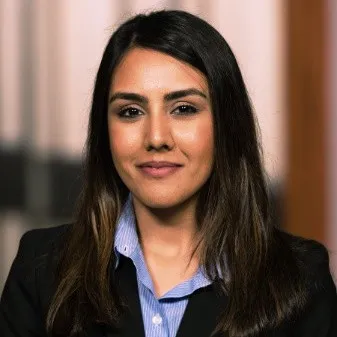
Wardah Abbasi
Wardah joined NextEra Energy Resources in 2018 and originates and develops utility scale renewables in the states of Arizona, California, and Utah. She managed and brought to completion 600 MW pipeline in the state of Arizona with another 1 GW scheduled to come online in the next two years. In her current capacity she is focused on conceptualizing and contracting utility-scale clean energy solutions. Wardah hold an MBA from the University of Notre Dame and a bachelor’s degree in finance and economics from the University of Texas at Austin.
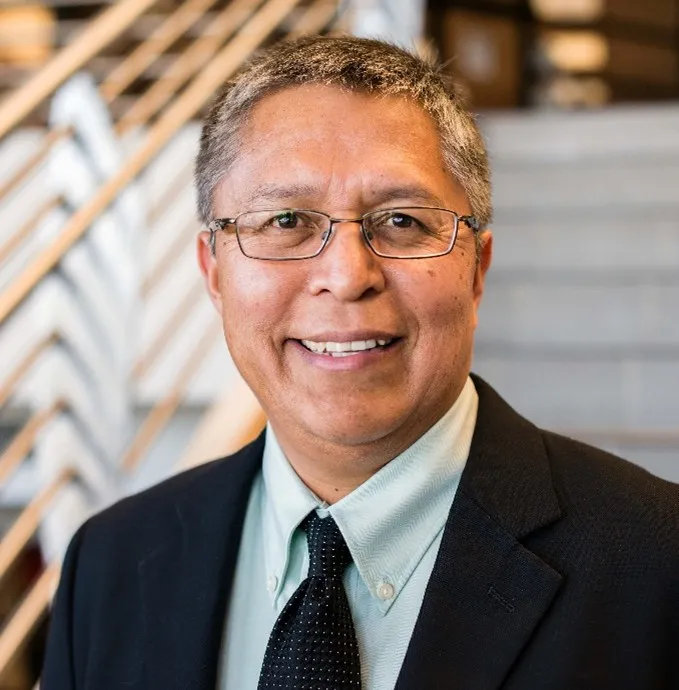
Stan Atcitty
Dr. Stan Atcitty is a member of the Navajo Tribe. He received his BS and MS degree in electrical engineering from New Mexico State University in 1993 and 1995, respectively. In 2006, he was the first American Indian male to receive a Ph.D. in electrical and computer engineering from Virginia Tech University. Stan is a Distinguished Member of Technical Staff at Sandia National Laboratories in its Power Electronics and Energy Conversion Systems department where he is recognized internationally for leading state-of-the-art research in the power electronics necessary to integrate energy storage and distributed energy generation with the electric utility grid. Stan’s projects won five prestigious R&D 100 awards and a Gold Green Energy award from R&D World magazine. Stan has over 60 publications, holds four patents and another three are pending. In 2007, he received the American Indian Science and Engineering Society Technical Excellence Award for his American Indian community involvement and technical achievement. He was featured in a middle school level children’s book titled “Energy Basics – Energized!” published by Sally Ride Science in 2012. In 2013, he coauthored a book titled Power Electronics for Renewable and Distributed Energy Systems. And on July 31, 2012, President Barack Obama presented Stan with the Presidential Early Career Award for Scientists and Engineers, which is the highest honor bestowed by the US government for outstanding scientist and engineers who show exceptional leadership at the frontiers of scientific knowledge during the twenty-first century.
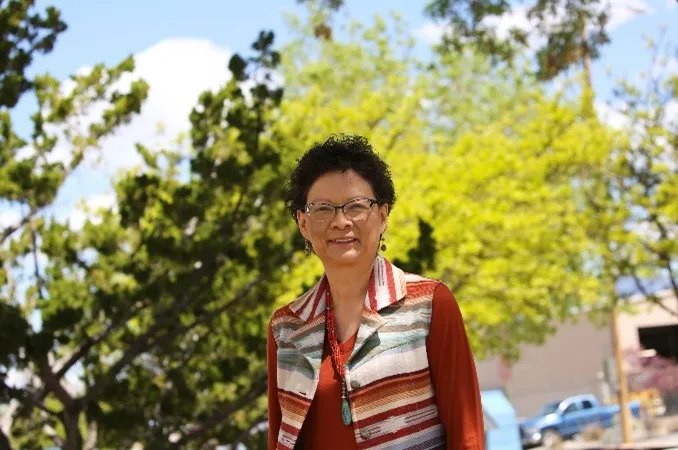
Sandra Begay
Sandra Begay, the daughter of a Navajo tribal leader and a public health nurse, is a member of the Navajo Nation and she has been an engineer for 33 years. Sandra has worked at Sandia National Laboratories (Sandia) for 30 years, where she is a research and development engineer. Before Sandia, Sandra worked at the Lawrence Livermore National Laboratory and Los Alamos National Laboratory. Sandra serves on the University of New Mexico Board of Regents as the Board’s Secretary / Treasurer.
Sandra earned an Associates of Science degree in Pre-Engineering, a Bachelor of Science degree in Civil Engineering from the University of New Mexico (UNM) and a Master of Science from Stanford University in Structural Engineering with an emphasis in Earthquake Engineering. Sandra has enjoyed 20 years of unique work focused on providing technical assistance to U.S. tribes. Sandra is featured in the American Society of Civil Engineers book “Changing Our World: True Stories of Women Engineers”, where she is included in the chapter "Women in Power," describing her research in providing electricity through solar panels to hundreds of Navajo members. Sandra is proud to have mentored 44 technical American Indian and Alaska Native college students, which included 26 women interns (60% of the total were women) and the former interns have become highly regarded technical staff members and leaders within tribal organizations, industry, academia, and non-profit groups. Sandra is a recipient of the 2021 Women in Technology Award from the NM Technology Council.
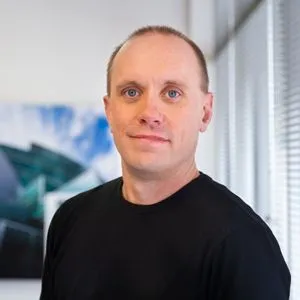
Russell Bent
Russell Bent received his Ph.D. degree in computer science from Brown University in 2005. Since then, he has been a scientist at Los Alamos National Laboratory, NM, USA. He is currently in the Applied Mathematics and Plasma Physics Group (T-5), where he leads LANL’s inter-organizational Advanced Network Sciences Initiative (ANSI). ANSI is an interdisciplinary initiative that enables fundamental and applied research to address long-term challenges in critical infrastructure design, operation, and security. The primary philosophy of ANSI is that combining insights from Theoretical Physics, Applied Mathematics, Computer Science, and Engineering can result in novel computational methods that address a variety of emerging challenges in infrastructure networks.
Dr. Bent is the principal or co-principal investigator for DOE projects in critical infrastructure systems research and development that focus on improving robustness of infrastructure systems to extreme events, increasing resilience of distribution networks, modeling interdependencies between systems, managing disasters that impact critical infrastructure, modeling smart grid technologies, and developing methods for mixed-integer, non-linear optimization. Such projects include the North American Energy Resilience Model (NAERM), Grid Modernization Laboratory Consortium (GMLC) Project Extreme Event Modeling, the GMLC and DOE Smart Grid Project LPNORM: A LANL, PNNL, and NRECA Optimal Resiliency Model, and the DOE Advanced Grid Modeling (AGM) Project Joint Power System and Natural Gas Pipeline Optimal Expansion Planning. He is also the lead developer for the software Alpine, A Global Solver for Nonconvex MINLPS (https://github.com/lanl-ansi/Alpine.jl) and the software GasModels.jl, a toolbox for modeling natural gas systems (https://github.com/lanl-ansi/GasModels.jl) He is the author of one book, Online Stochastic Combinatorial Optimization, and over 80 peer reviewed journal and conference publications. Dr. Bent is also an associate editor for the INFORMS Journal of Computing.
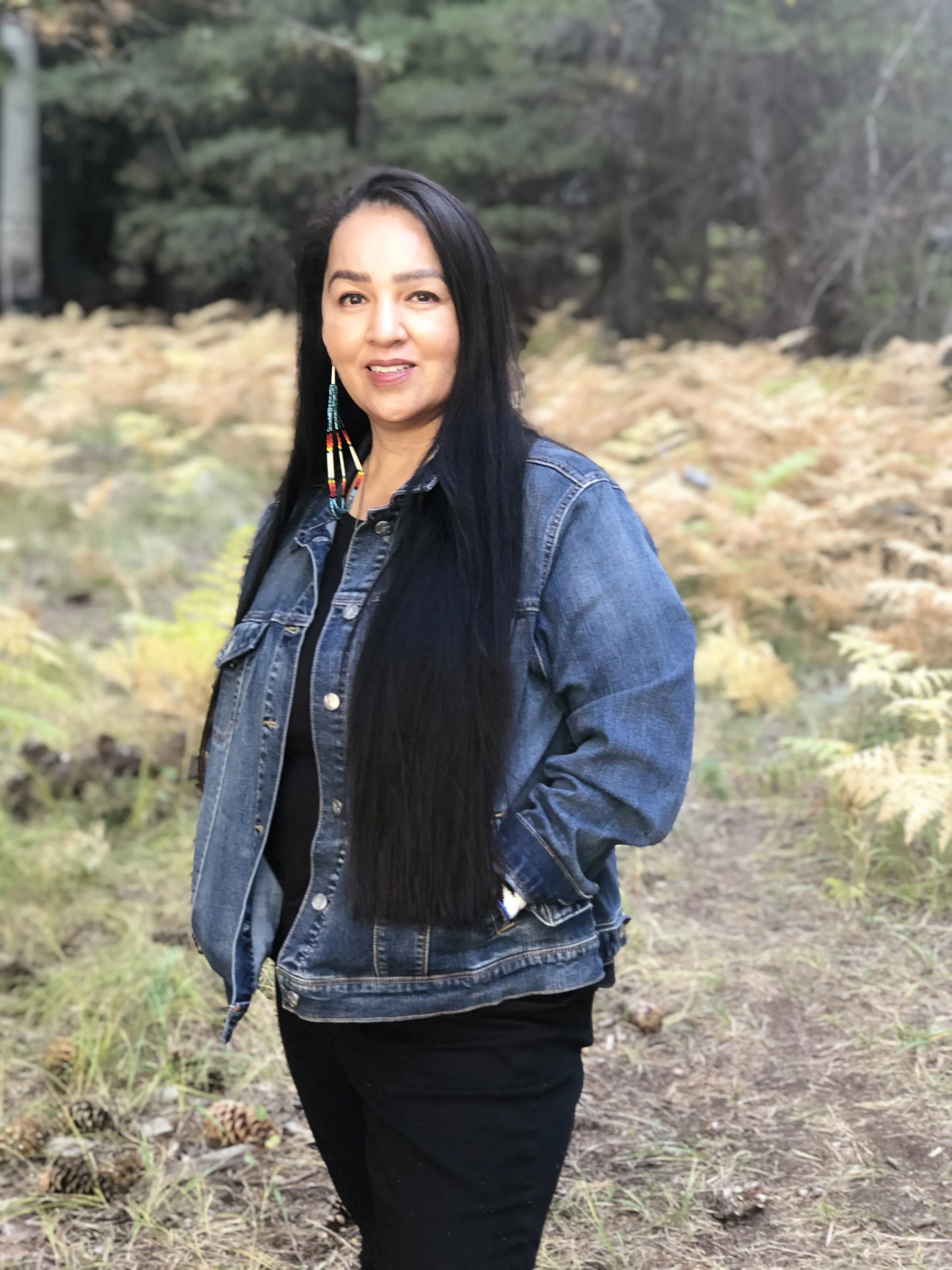
Anne Marie Chischilly
Ms. Chischilly serves in a dual capacity at Northern Arizona University (NAU) in Flagstaff, Arizona. In May 2021, she was named Interim Vice President for the Office of Native American Initiatives (ONAI). ONAI is tasked with advancing NAU’s strategic goal, ‘to become the nation’s leading university serving Native Americans,” with initiatives focusing on Native American student retention, tribal leadership, environmental stewardship in Native communities, culturally responsive K-12 pedagogy and Native mentorship.
Ms. Chischilly also continues in her role as the Director of the Institute for Tribal Environmental Professionals (ITEP). For the last 10 years, she has been responsible for managing ITEP’s work with Northern Arizona University, state and federal agencies, Tribes and Alaska Native villages. In 2021, ITEP celebrates 29 years serving over 95% of all the 574 Tribes and Alaskan Native Villages nationwide. ITEP continues to be the premier tribal environmental organization training Tribes and Indigenous Peoples.
Ms. Chischilly is an enrolled member of the Navajo Nation (Dine). She earned her Juris Doctorate (J.D.) degree from St. Mary’s University School of Law and a Masters in Environmental Law (LL.M.) from Vermont Law School. She is licensed in Arizona and is also a member of the International Bar Association.
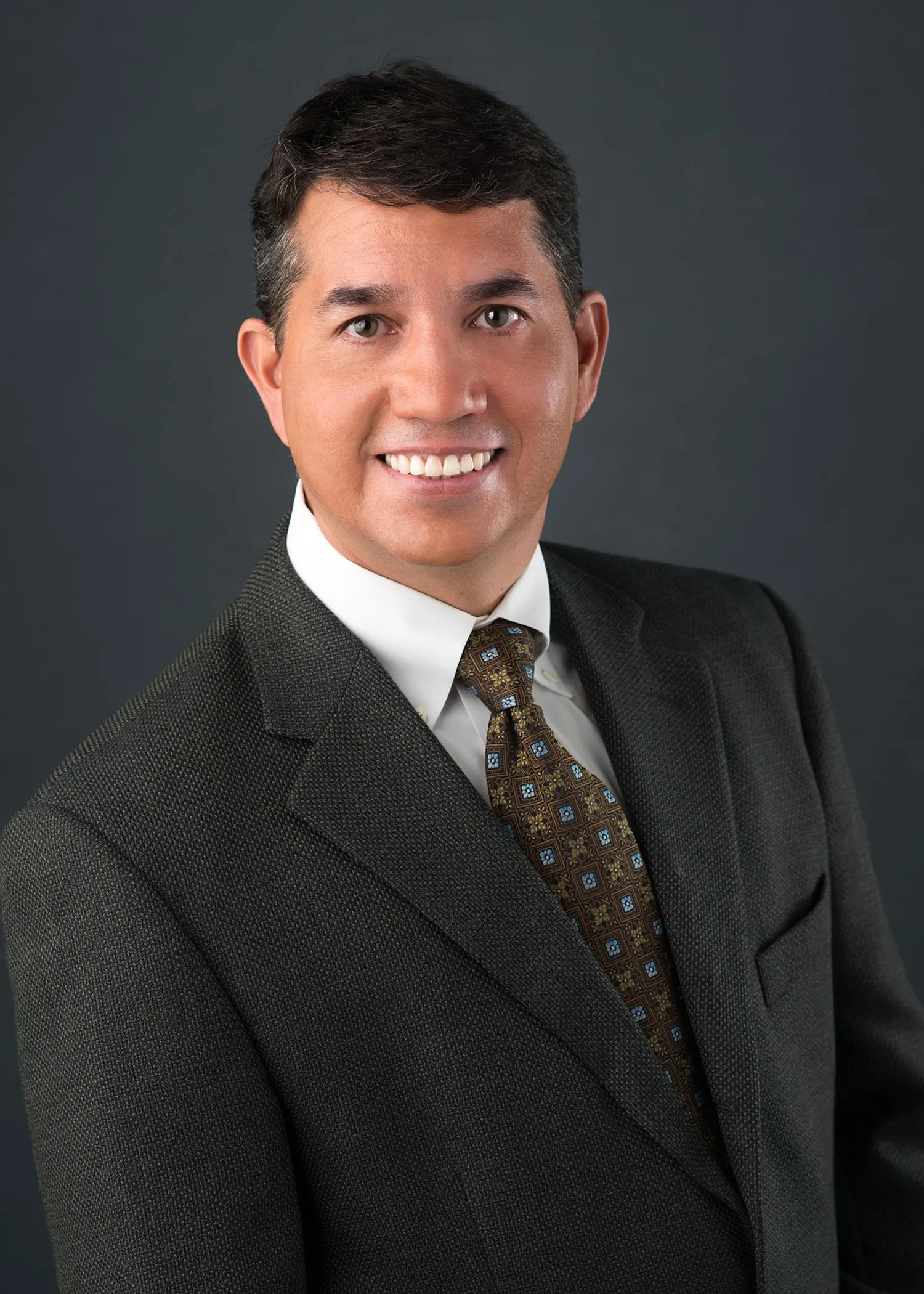
Jerald "Chico" Hunter
Chico began working at SRP in 2003 and is currently the manager of Innovation and Development. He previously has worked in a number of areas at SRP including as a senior engineer in the Renewable Energy and Technology group and as a principal engineer in Resource Acquisition and Analysis.
In his current role, he helps coordinate research projects throughout the company including transmission, distribution, conventional generation technologies, renewable energy technologies, water distribution, water resource management, customer service and emerging customer sited technologies like rooftop solar, batteries and electric vehicles.
Prior to his career at SRP, Chico worked for 11 years as a process control and automation engineer for several manufacturing companies in Arizona. He holds a Bachelor’s in mechanical engineering and a Master’s in manufacturing engineering, both from Arizona State University.
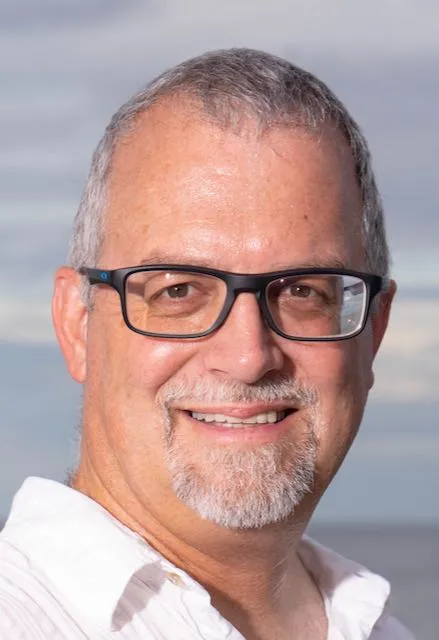
Clark A. Miller
Clark A. Miller is the Director of the Center for Energy & Society at Arizona State University and a Professor in the School for the Future of Innovation in Society. His current research and teaching focus on the social drivers, dynamics, and outcomes of decarbonization, with diverse interests in the transformation of energy ownership and political economy, the relationships among science, technology, and democracy, and the potential to leverage energy transitions to advance social justice. He is a member of the National Academies committee on accelerating decarbonization in the United States. He also advises utilities, cities, the national laboratories, and communities on practices for advancing just energy transitions. His writings include Pathways to a Carbon Neutral Arizona Economy (2022), Accelerating Decarbonization of the US Energy System (2021), Cities of Light: A Collection of Solar Futures (2021), The Weight of Light: A Collection of Solar Futures (2019), Designing Knowledge (2018), Science and Democracy: Making Knowledge and Making Power in the Biosciences and Beyond (2015), The Handbook of Science & Technology Studies (2015), The Practices of Global Ethics (2015), Nanotechnology, the Brain, and the Future (2013), Arizona’s Energy Future (2011), and Changing the Atmosphere: Expert Knowledge and Environmental Governance (2001). He obtained his BS in electrical engineering from the University of Illinois and his PhD in electrical engineering from Cornell University.
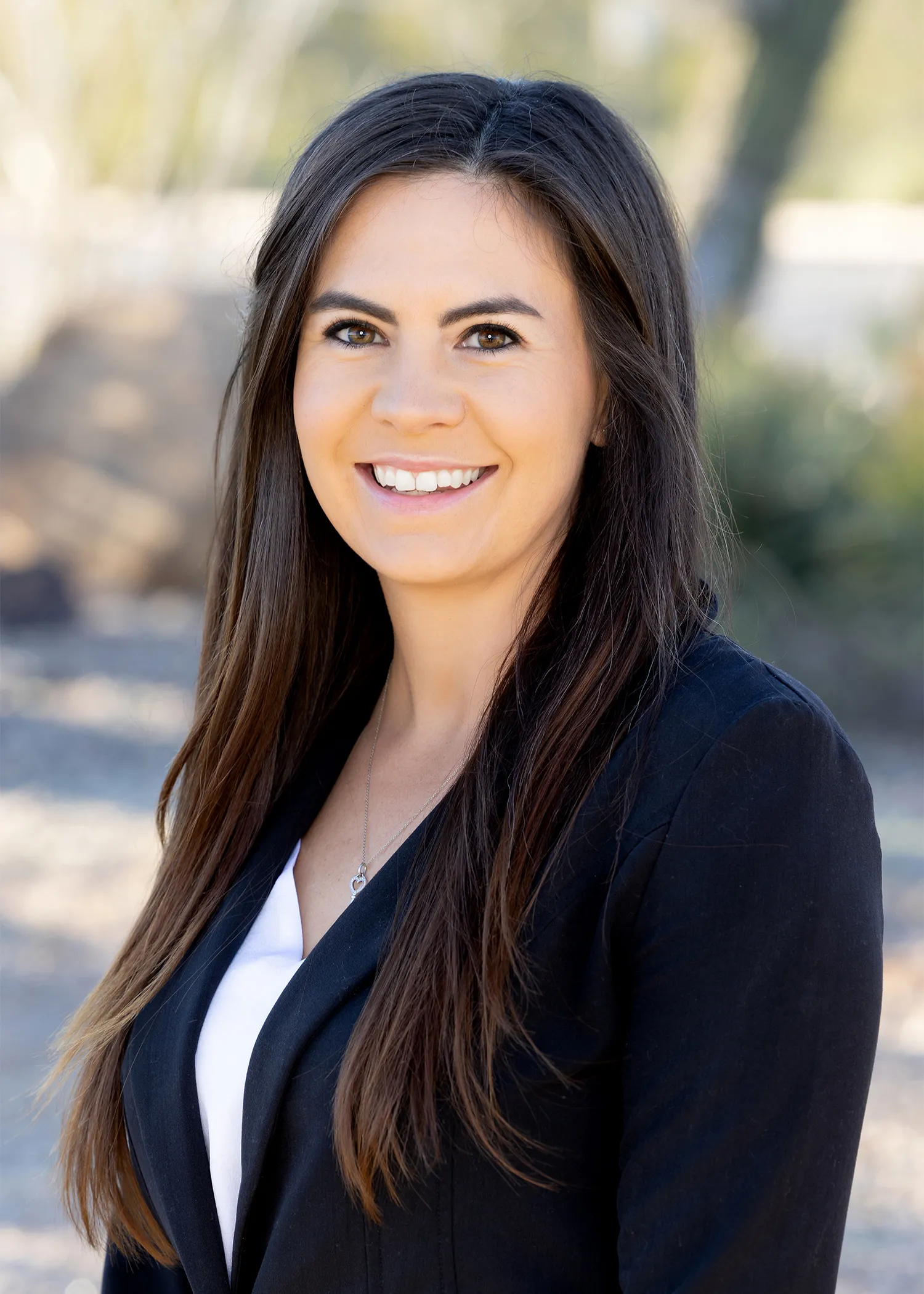
Sarah Noll
Sarah Noll, a Senior Energy Innovation Analyst with APS, develops and implements new energy programs to help APS customers meet their sustainability goals. Prior to joining APS Sarah has worked in the utility industry for 8 years focusing on innovative solar programs and energy policy.
Sarah received her B.S. in Renewable Energy and M.S. in Applied Economics of Electricity, Natural Gas, and Telecommunications from Illinois State University. During her time at Illinois State University Sarah became the President of the university’s Solar Car Team, leading the team to its first international race in Abu Dhabi.
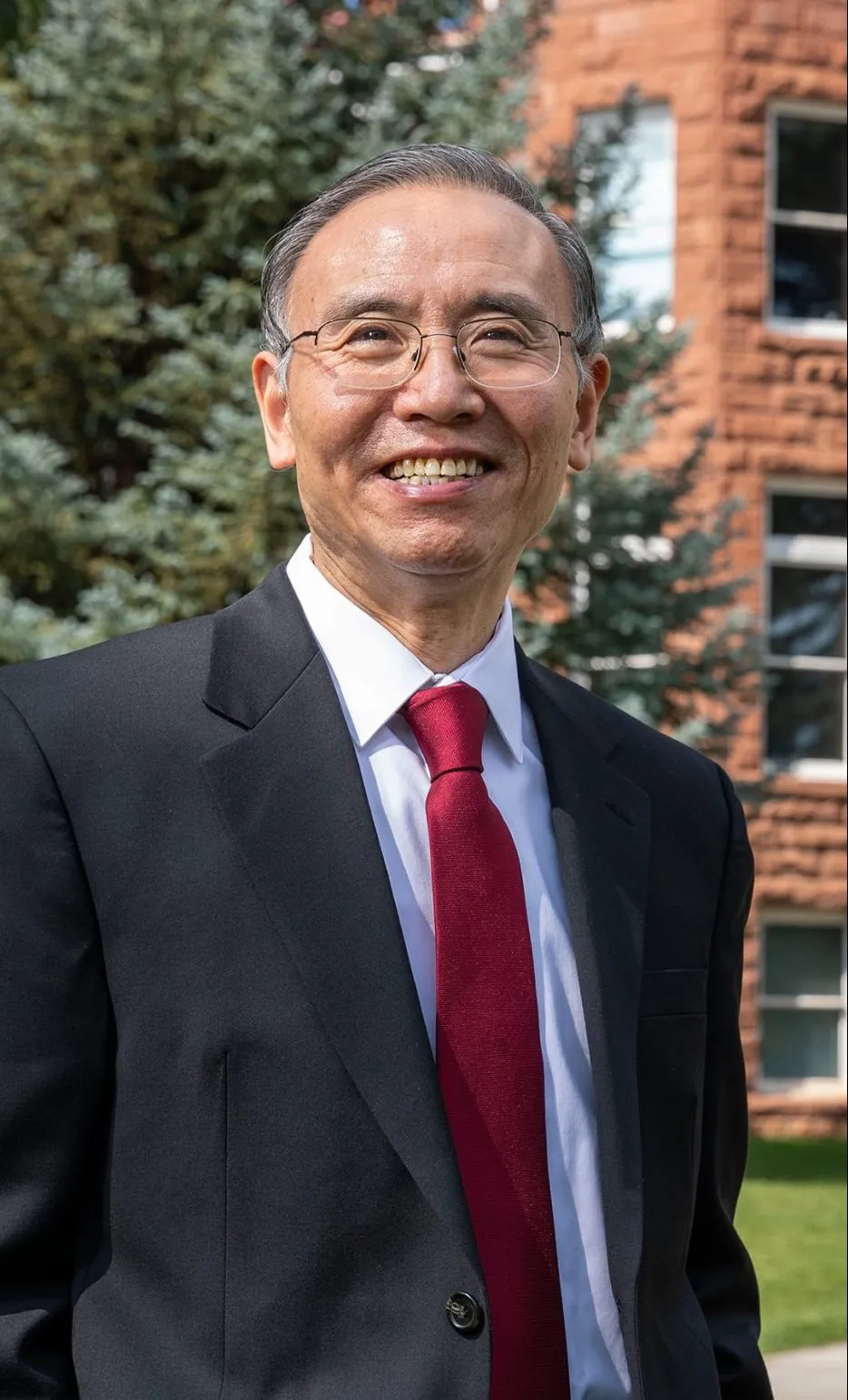
Andy Wang
Andy Wang, Ph.D., Professor and Dean of the College of Engineering, Informatics, and Applied Sciences at Northern Arizona University, prioritizes student success through cooperative and experiential education. He strongly supports the growth of high-impact research and collaboration with industry leaders in STEM education. Dr. Wang holds three degrees in Computer Science and has published more than 100 articles, monographs, book chapters, and books. He is a member of the American Society of Engineering Education and has served in leadership roles in numerous professional organizations. He is Commissioner for the Computing Accreditation Commission of ABET. Prior to his becoming dean, Dr. Wang was an active researcher focused on component-based software development and trustworthy computing. He has directed or co-directed grants and contracts totaling more than $12 million.
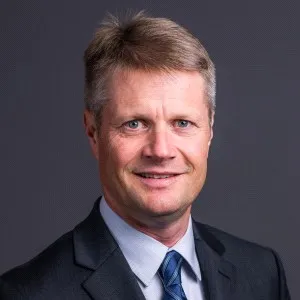
Jason Wilder
Jason Wilder has served as the Dean of the College of the Environment, Forestry, and Natural Sciences, since May of 2019 and as NAU’s interim Vice President for Research since June 2021. He has worked at NAU since 2008 in numerous positions, including as Professor of Biological Sciences, Director of the Biomedical Science Program, and Chair of the Department of Biological Sciences. Prior to NAU, Wilder held the positions of Assistant Professor at Williams College and Postdoctoral Fellow at the University of Arizona.
Wilder received his B.A. in Biology from Williams College and his Ph.D. in Ecology and Evolutionary Biology from Princeton. He did his postdoctoral research in the Department of Ecology and Evolutionary Biology and Division of Biotechnology at the University of Arizona. Wilder has a strong record of research, funded primarily by the National Science Foundation and National Cancer Institute, and his work has been published in the scientific journals Nature Genetics, Evolution, Genetics, Heredity, and Human Biology among others. He currently serves as a Principal Investigator for “The Partnership for Native American Cancer Prevention”, a $6.8M grant to NAU funded by the National Cancer Institute.
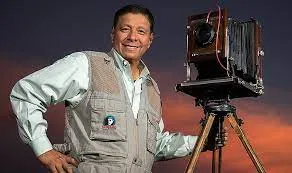
LeRoy DeJolie
Known for breathtaking images of Arizona’s vibrant landscape and Navajo people, Navajo Fine Arts Photographer LeRoy DeJolie grew up on the Navajo Reservation where all of his inspiration came to mind. His early days of herding cattle on the family ranch allowed him to experience the endless dance of light and shadow upon the sheer canyon walls, secluded water holes, and rippling oceans of sand. These early influences are evident in the emotional images he captures of the landscape of the Navajo.
DeJolie is a long time contributor to Arizona Highways Magazine, which published his book “Navajoland: A Native Son Shares His Legacy”. containing his own narrative together with dozens of his outstanding scenic photographs. LeRoy’s photographs have appeared in N.Y. Times, Readers Digest, Native People and Time Life Products. His second passion is an educational one, passing along oral histories to the Reservation children, stories of the many tribal mythologies, appreciation of the wonders of their magic surroundings and their traditional colorful attire as he retells traditional Navajo stories which have brought peace and harmony to their people through the years. LeRoy observes, “The Navajo heritage is vanishing from the lives and memories of many of our people today.”
DeJolie’s “My World” project is his most rewarding endeavor. He collects discarded cameras, from donors all over the country and repairs them to give to disadvantaged and deserving kids, encouraging them to share the knowledge and the beauty of their homeland. He encourages them to look at their own Navajo surroundings in a different way, eliciting a new pride in the beauty of their homeland, stimulating them to create their own portfolios of scenic photographs.
DeJolie’s main mission in life is not only to bring magnificent images to the world, but to encourage children of the Reservation to take pride in their cultural history, and to help spread messages of peace, good will, pride, hope and a positive mental attitude throughout their sacred “Navajoland.” DeJolie currently resides near Page, Arizona in the small community of LeChee, where he is able to live close to the people and land that he loves.
Agenda
| 9:00AM - 9:15AM |
Welcome Remarks Neal Armstrong, PhD; Regents Professor Emeritus Chemistry/Biochemistry/Optical Sciences Stephen Goodnick, PhD; Professor of Electrical, Computer and Energy Engineering; Deputy Director, ASU Lightworks®, Arizona State University Tom Acker, PhD;Professor of Mechanical Engineering, Northern Arizona University Gabriel A. Montaño, PhD; Professor, Applied Physics and Materials Science Program; Chief Scientist, Center for Materials Interfaces in Research and Applications, Northern Arizona University |
| 9:15AM - 9:30AM | Welcome from VP Office of Native American Initiatives, Ann Marie Chischilly |
| 9:30AM - 10:15AM | Keynote Speaker, Paul Veers at NREL (Chief Engineer at the National Wind Technology Center) Meeting wind energy expectations: the cross-disciplinary challenge |
| 10:15AM - 12:00PM | Lab Speakers and Panel (working in National Labs) - Sandra Begay-Campbell, Stan Atcitty, Russell Bent, Paul Veers Moderator: Gabe Montaño |
| 12:00PM - 1:00PM | Lunch - Time Capsule Maxx Patterson, Alex Dahlmann, Stefano Sinyangwe |
| 1:00PM - 2:00PM | Speaker - Dr. Clark Miller, Director, Center for Energy and Society, Arizona State University Pathways to a Carbon Neutral Arizona Economy |
| 2:00PM - 3:00PM | Industry Panel - Wardah Abbasi, Nextera / Chico Hunter, SRP / Sarah Noll, APS Moderator: Michael Anderson |
| 3:00PM - 3:15PM | Introduction to LDRD Exercise - Gabe Montaño |
| 3:15PM - 3:30PM | Break |
| 3:30PM - 4:30PM | Fast Pitches |
| 4:30PM - 5:30PM | Open - Head to High Country Conference Center 201 West Butler Avenue, Flagstaff, AZ 86001 |
| 5:30PM - 6:30PM | Poster Session |
| 6:30PM - 7:00PM | Welcome from NAU Interim VP Research/CEFMS Dean, Jason Wilder Dinner reception at High Country Conference Center |
| 7:00PM - 7:30PM | Presentation by LeRoy DeJolie, Navajoland Images |
| 8:00AM - 9:00AM | Continental Breakfast at Lowell Observatory |
| 9:00AM - 9:15AM | Welcome from Dean of NAU, Andy Wang |
| 9:15AM - 10:15AM | LDRD Proposal Challenge (include students, faculty, and company reps) |
| 10:15AM - 10:30PM | Break |
| 10:30AM - 12:00PM | LDRD Proposal Challenge continued |
| 12:00PM - 1:00PM | Working Lunch |
| 1:00PM - 1:45PM | Presentation of LDRD Proposal Challenge results |
| 1:45PM - 2:00PM | Break |
| 2:00PM - 2:30PM | Award Ceremony and Closing Remarks |
Questions and Contact Information
For further information, please visit the FAQ page or contact a university conference representative:
Ruby Sayed, robina.sayed@asu.edu (ASU)
Dr. Tom Acker, tom.acker@nau.edu (NAU)
